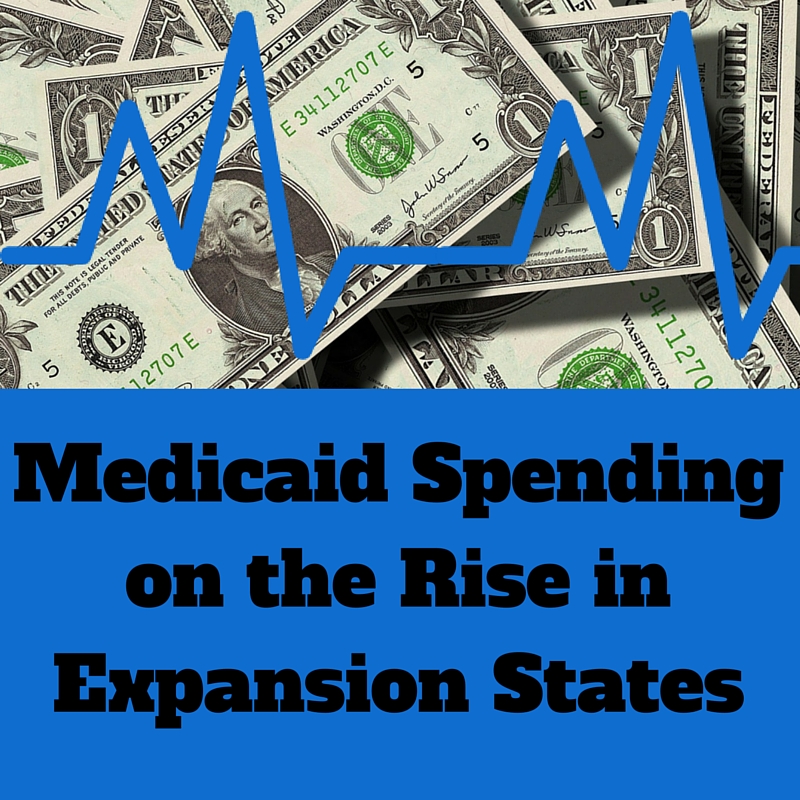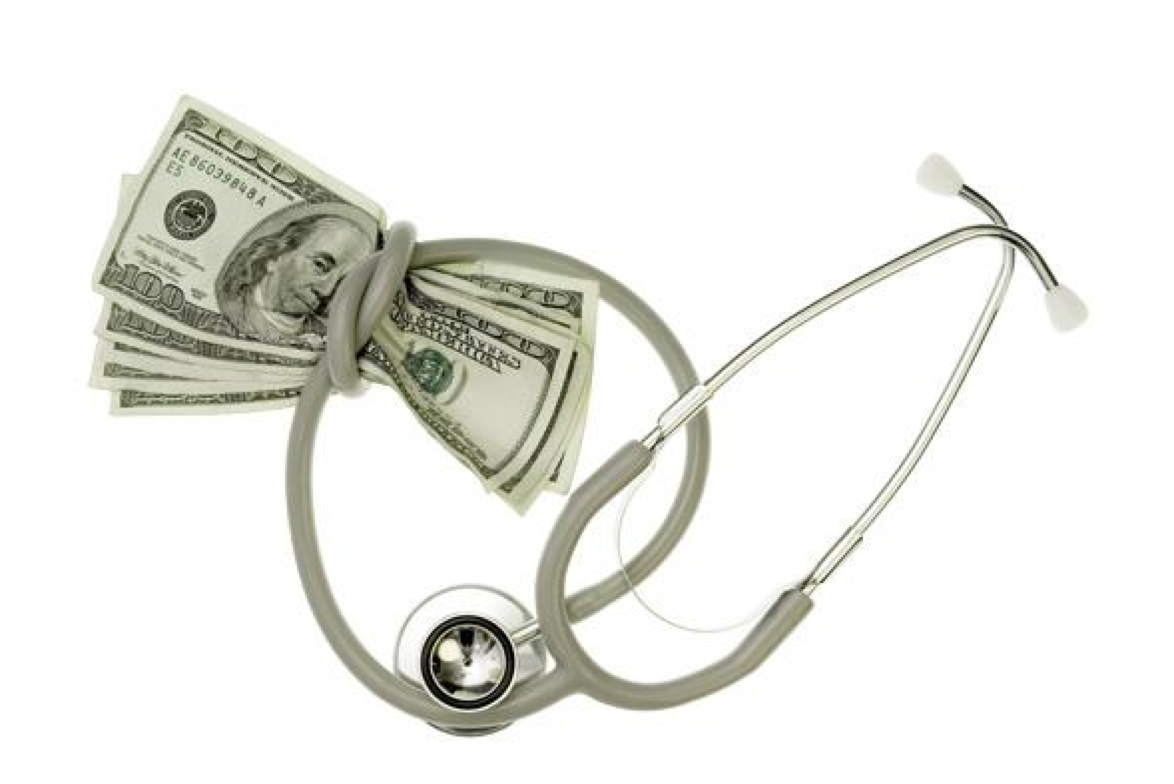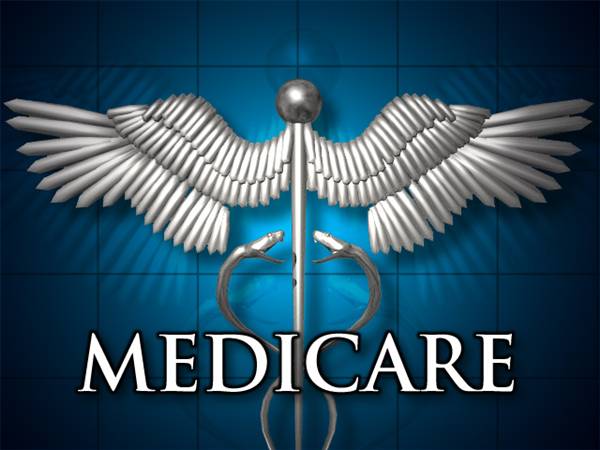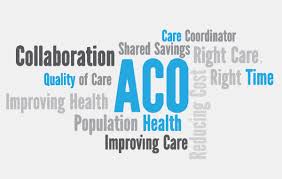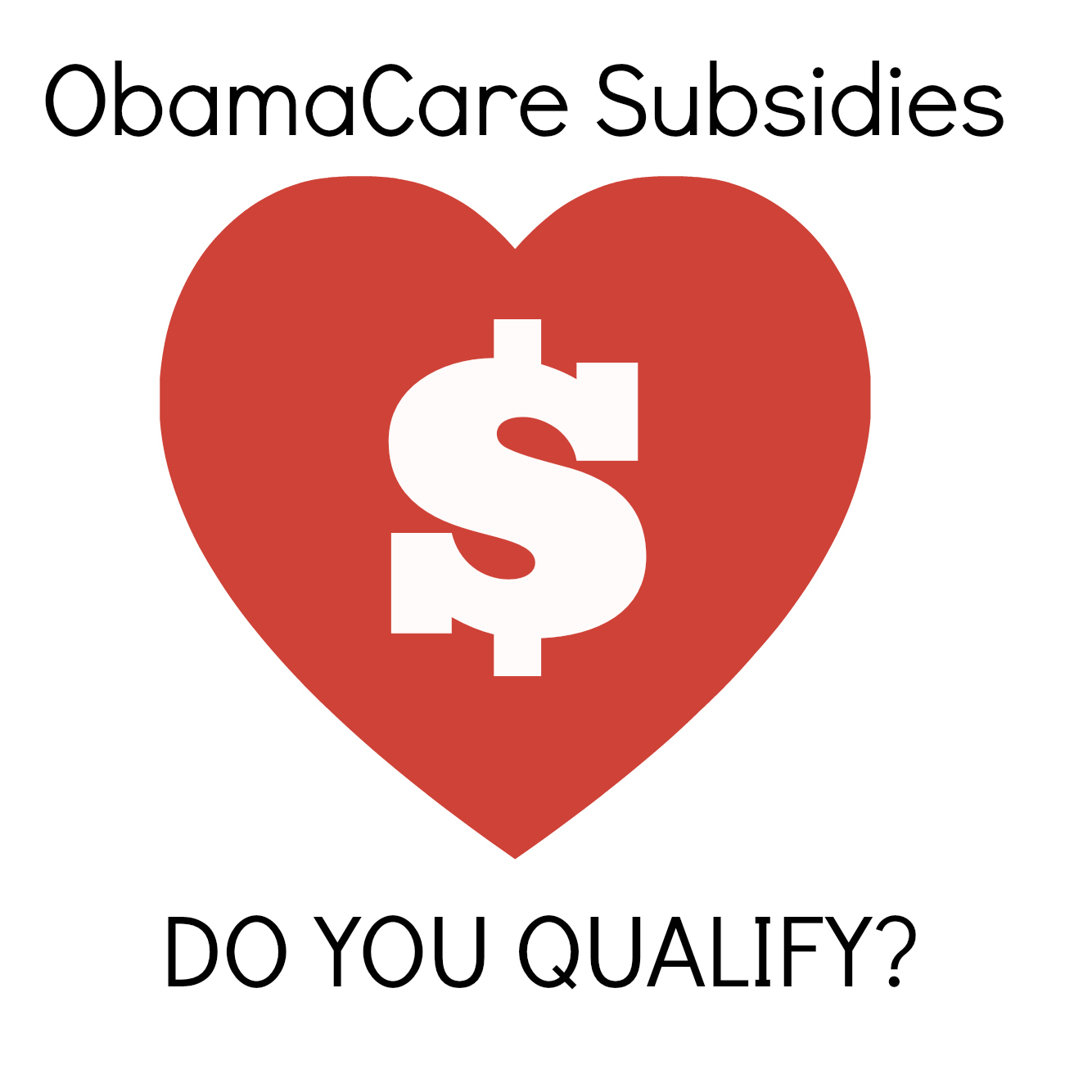Centers for Medicare & Medicaid Services Testing New Payment Models for Drugs
The Centers for Medicare & Medicaid Services is testing some new reimbursement and payment models for drugs, some of which mirror models currently used in the private sector. Medicare hopes working with providers, like many private payer networks, will lead to more efficiencies in prescriptions and eventually to lower costs.




